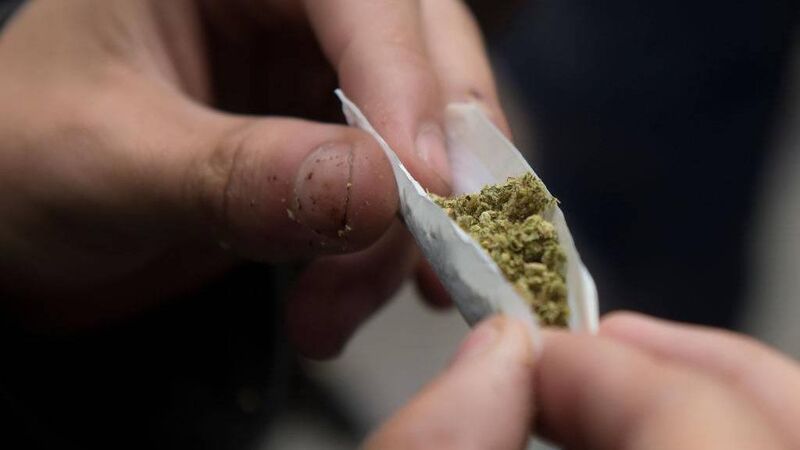Higher potency cannabis associated with increased risk of psychosis and addiction – report

Garrett McGovern, a GP specialising in addiction, accepts that cannabis can trigger psychosis — but said the real issue is whether “proper regulation” of cannabis would be a better approach than prohibition.
Higher potency cannabis is associated with increased risk of psychosis and addiction, according to a new study.
The research — published in and described as the first systematic review of the issue — has sparked renewed debate on what is often a polarising issue in Ireland and abroad.










